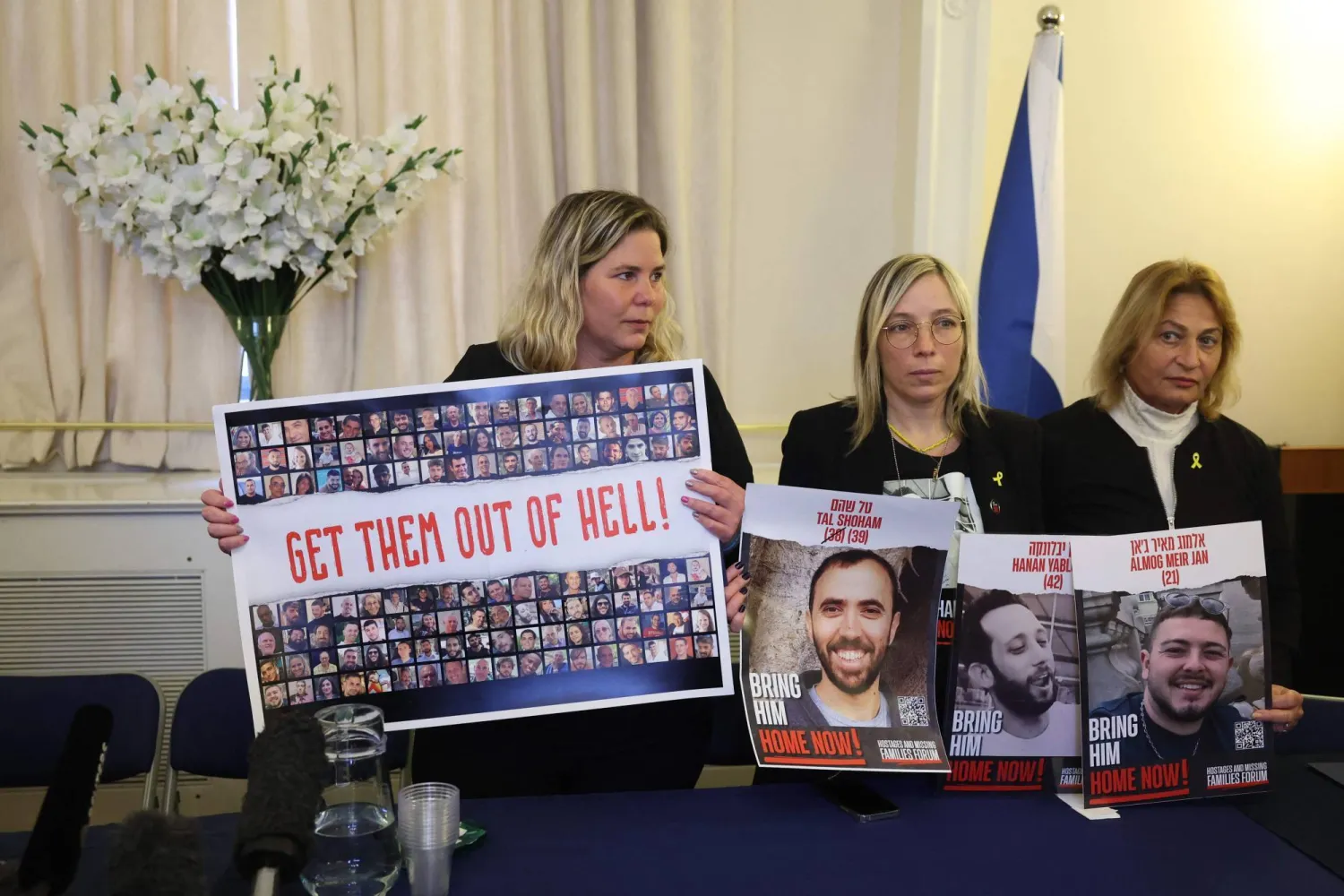The Israeli Knesset has completed the second and third readings of a law, which gives the opportunity for Israelis harmed by armed operations carried out by Palestinians to file compensation claims against the Palestinian Authority valued at hundreds of millions of dollars.
The law was supported by 19 representatives from the government coalition and the opposition, while only two Arab deputies voted against it. It will take effect as soon as it is published in the Official Gazette, unless the Supreme Court stops its implementation.
The law was approved despite the fact that a number of experts and representatives of the security services had warned that it “would cause great harm to the already deteriorating economy of the Palestinian Authority, and push it into bankruptcy.”
The text of the law states that its purpose is to “enable victims of terrorism to file compensation claims against those who pay salaries for terrorism, including the Palestinian Authority, which approves and encourages acts of terrorism by paying salaries to terrorists.”
The proposal aims to “regulate the issue of compensation for victims, and remove barriers that prevent filing civil compensation (damage) lawsuits against those who pay a salary for acts of terrorism.”
The Knesset Foreign Affairs and Security Committee held deliberations on the law before approving it, in the presence of the head of the Civil Department in the Unit for Coordination of Government Action in the Palestinian Territories (COGAT), Elad Goren, who warned: “The cabinet had decided, during its discussions that took place seven months ago, to maintain the Palestinian Authority, while this law creates obstacles to the decision. There are far-reaching consequences for this, and we must think about how to compensate victims of terrorism while maintaining the cabinet’s decision.”
Representatives of the Legal Advisory Department of the Israeli National Security Council and the Shin Bet Service voiced their support for Goren’s warning. Tamar Kalhora, from the Counseling and Law Department of the Ministry of Justice, warned during the session that the law cannot not pass in the Supreme Court, because it does not specify the maximum amount of compensation.









